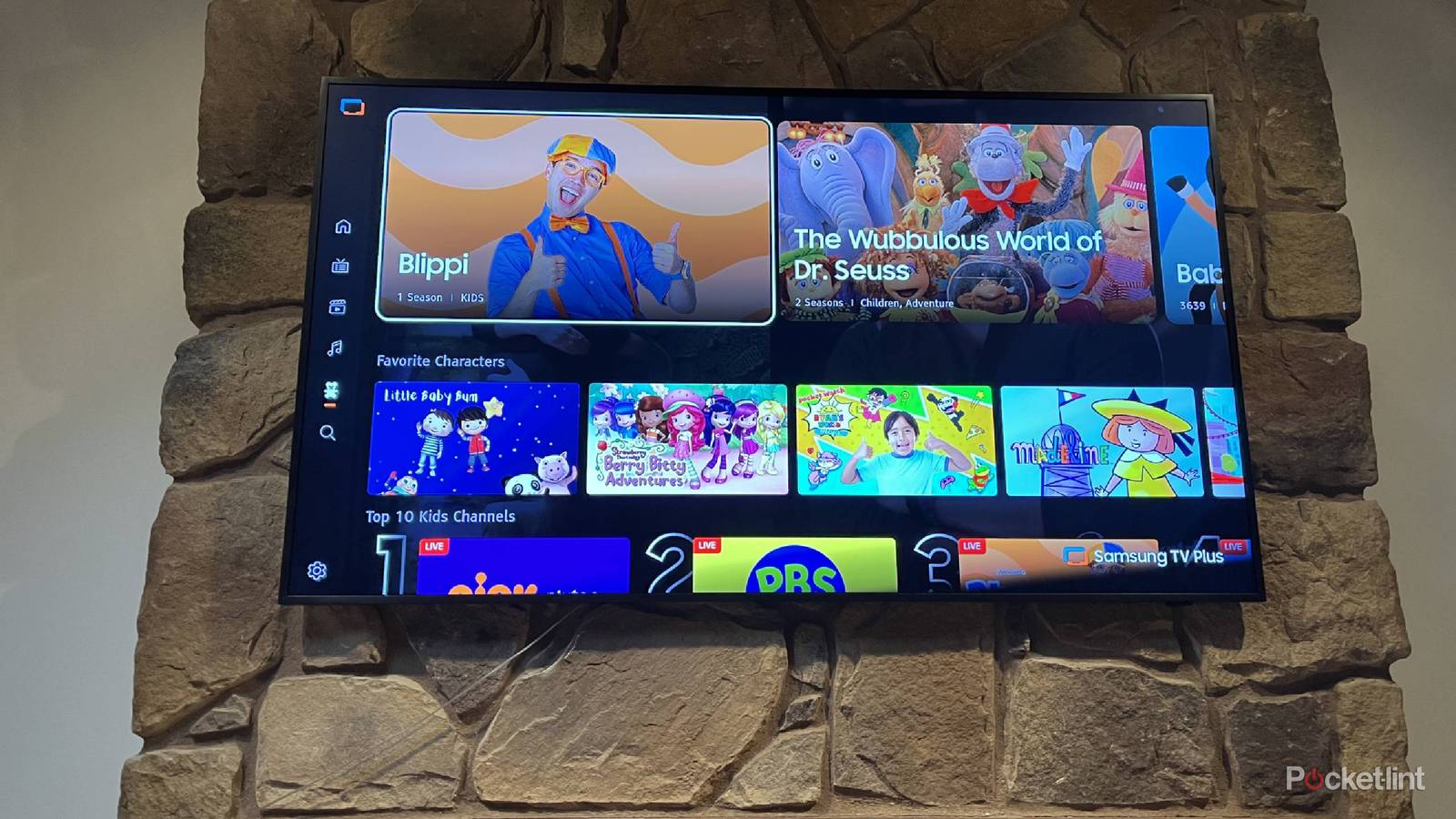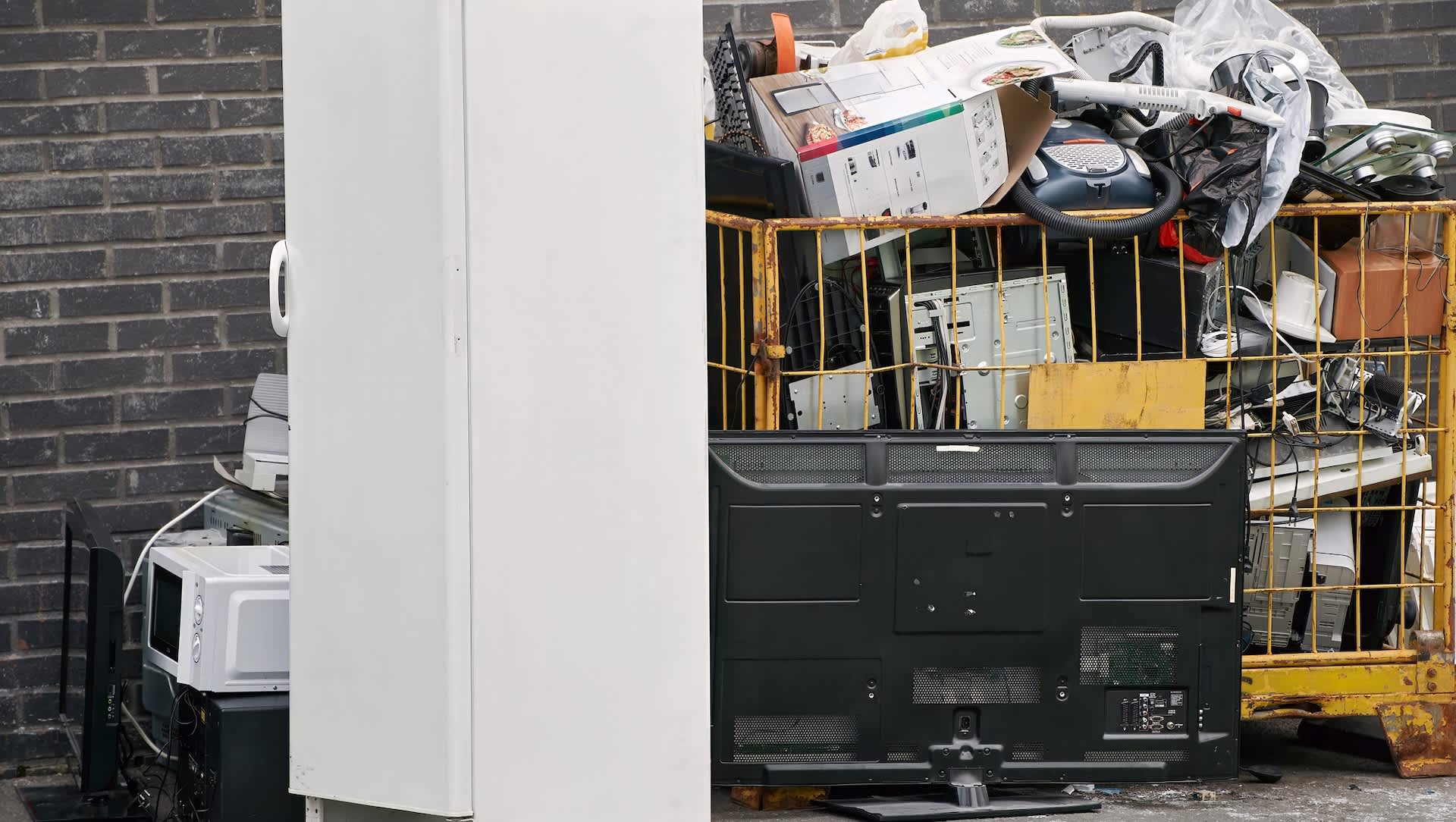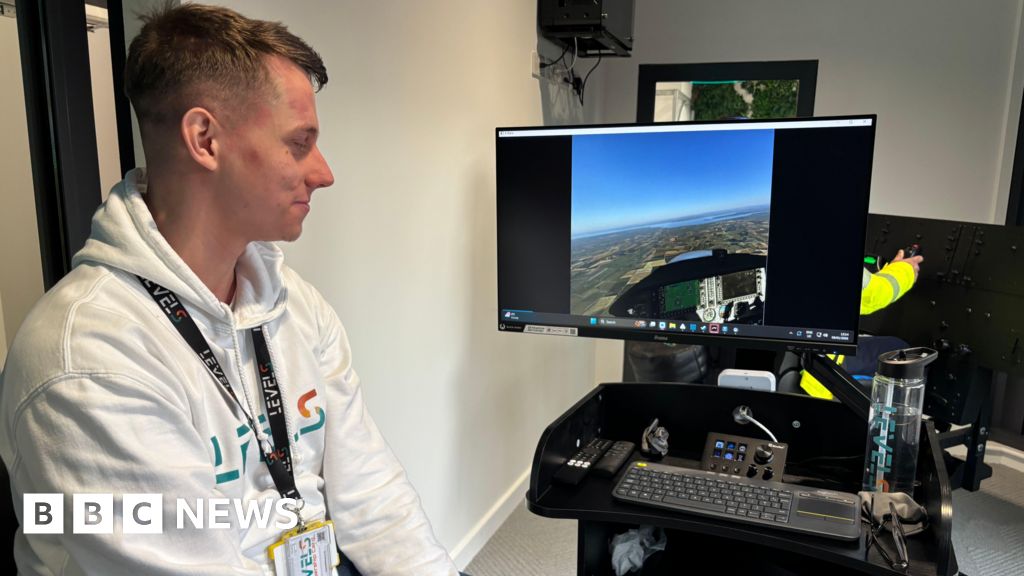
Digital media researchers have raised concerns that online video games might soon fall under the federal government’s social media ban for individuals under 16. Although the current legislation excludes online services “that have the sole or primary purpose of enabling end-users to play online games with other end-users,” experts argue that the definitions are not as clear-cut as they appear.
Associate Professor Brendan Keogh from the Queensland University of Technology’s Digital Media Research Centre expressed skepticism regarding the permanence of this exclusion. “I still have questions about how much any minister of the day can change what is or isn’t excluded from those central definitions,” Dr. Keogh stated. “I think there’s concern in the video game industry about just how reliable or permanent that exclusion of [online] games is.”
Concerns Over Regulation and Moderation
Last month, eSafety Commissioner Julie Inman Grant confirmed reaching out to online game platforms like Roblox and Lego Play, suggesting the ban could potentially apply to their services. Marcus Carter, a professor in human-computer interaction at the University of Sydney, highlighted Roblox’s ongoing challenges with moderating “fringe, far-right material” uploaded by users, posing a risk to young audiences.
“Is the commissioner going to play whack-a-mole with every game that children start playing? Once children are banned from creating an account on one game, they’re just going to move to another game,” Professor Carter remarked, emphasizing the impracticality of such an approach.
Balancing Risks and Benefits
Professor Carter further argued that the potential risks associated with online video games do not warrant an expansion of the social media ban. “The risks are overwhelmingly outweighed by the positive social, creative, and intellectual benefits of playing games for young people,” he explained. “Parents should engage with their children and the games they play, but banning children from those spaces would be a ridiculous overreaction.”
The Interactive Games and Entertainment Association supports this stance, noting that video games are already regulated by the National Classification Scheme, which provides clear guidelines on age-appropriateness and content.
Industry Response and Safety Measures
In response to these discussions, some video game developers have proactively implemented safety measures. Ashley Ringrose, founder of Australian video game developer SMG Studios, expressed confidence in the safety of his company’s products. “Children could describe something innocuous, like where they live, their school, or their favorite restaurants, that identifies them. We try to restrict that,” he said.
SMG Studios has adopted features such as “canned chat,” allowing players to send pre-defined messages, and has restricted online play to players’ digital friends or teenage players only. Mr. Ringrose, a father of two, remains unfazed by the potential business impact of the ban, focusing instead on safeguarding young players.
Future of Online Gaming Regulation
While some advocate for more robust safeguards in online video games, Professor Carter believes a blanket ban is not the solution. “A ban is going to eradicate the opportunity to create ‘safety by design’ features that make children’s online play worlds better,” he noted. “That’s not the right way to go about building a safer children’s internet.”
This ongoing debate highlights the complexities of regulating digital spaces where young people interact. As the government considers its next steps, stakeholders from various sectors continue to weigh in on how best to balance safety with the benefits of digital engagement.





